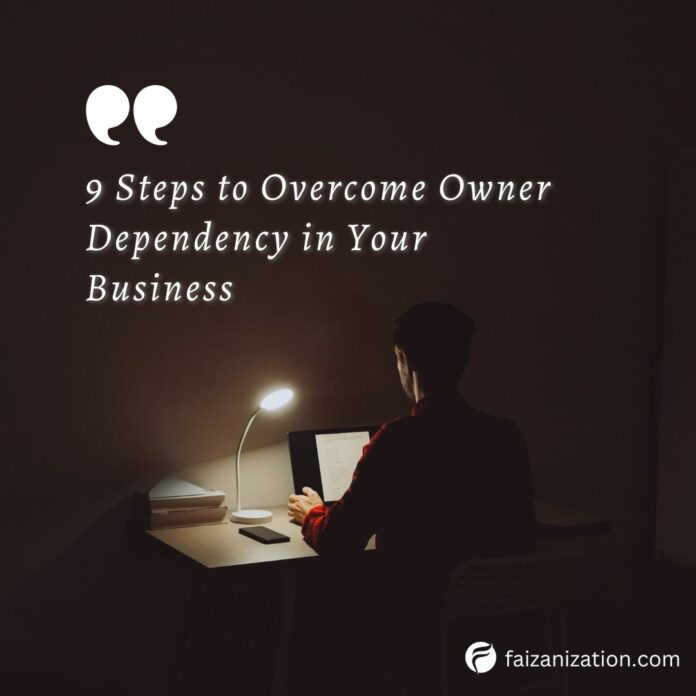Confidence is Your Best Negotiation Tool
Have you ever watched a master negotiator at work? It seems like they’re in complete control of the conversation, knowing exactly when to push forward and when to ease back. The secret behind that calm, collected demeanor is simple: confidence.
When you’re negotiating a deal, confidence isn’t just an advantage—it’s a necessity. But where does that confidence come from? It’s not just a personality trait; it’s a skill you can build. Let’s break down how to close deals with confidence and master the art of negotiation.
1. Know Your Product Inside Out
The first step to a confident negotiation is having an unshakeable belief in the product or service you’re selling. If you know your product is good, you will naturally convey that conviction. Product knowledge allows you to answer any questions, highlight key benefits, and stand your ground during difficult negotiations.
When you’re fully informed, you’re not just selling; you’re educating your customer, and education builds trust. The more knowledgeable you are, the more persuasive and confident you’ll be in every conversation.
2. Understand Your Audience
Negotiations are not one-size-fits-all. To negotiate effectively, you need to know who you’re negotiating with. Is your customer looking for a luxury experience or a budget-friendly solution? Are they motivated by features, price, or value?
Understanding your audience helps you tailor your pitch and address their specific pain points. When you speak to their needs, you’re more likely to strike a chord that leads to agreement. Confidence comes from knowing you’re saying the right things to the right person, at the right time.
3. Remove the Fear of Losing the Deal
One of the biggest confidence killers during negotiations is the fear of losing the deal. But here’s the truth: not every deal is worth fighting for. If your product is truly valuable and you’ve done your homework, you don’t need to fear losing out.
When you release the pressure of “must-closing” every deal, you negotiate from a place of power. This confidence makes you more relaxed, and paradoxically, it often results in more successful deals. Customers can sense desperation—and they’re more likely to trust someone who is willing to walk away if the deal isn’t right.
4. Choose Your Words Wisely
Language is a powerful tool in negotiation. Using the right words at the right time can make all the difference. Confident negotiators use language that is positive, direct, and authoritative. Avoid phrases like “maybe” or “I think” and replace them with certainty, like “I know” or “I’m confident.”
The way you phrase your offers, counter-offers, or concessions will affect how the other party perceives you. When your words align with your belief in the product and understanding of the customer, it creates a winning combination that drives the negotiation forward.
Confidence Leads to Closings
At the end of the day, negotiation is a balancing act between presenting value and maintaining control of the conversation. Confidence is the key to mastering this balance. By knowing your product, understanding your audience, and letting go of the fear of losing, you’ll negotiate from a position of strength.
The art of negotiation isn’t about forcing a deal—it’s about guiding it with conviction. When you believe in what you’re offering and are confident in your approach, closing deals becomes a natural outcome.
Awesome Books to Master the Art of Closing Deals:
- Simon + Schuster Inc. Way of the Wolf: Straight Line Selling: Master the Art of Persuasion, Influence, and Success
- Steal the Show: From Speeches to Job Interviews to Deal-Closing Pitches, How to Guarantee a Standing Ovation for All the Performances in Your Life
- The Perfect Close: The Secret To Closing Sales – The Best Selling Practices & Techniques For Closing The Deal









